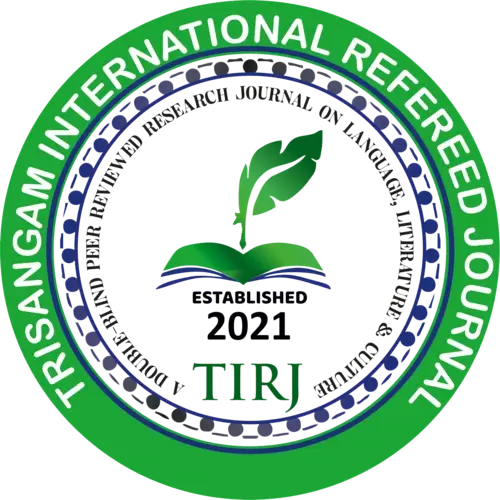Published Paper Details:
Equal rights of women in ancestral property in Bankimchandra’s thought of Equality : Evolution of rights and legal recognition of his thought
JAYANTA GHOSH
Bankim Chandra, Ancestral property, Equal rights, Inequality, Daughter, Women’s rights, Retrospective effect, Court, Verdict, Legal recognition.
From ancient times to modern times – just as the social status of neglected women in society has changed, so have the economic rights. The idea that the quality of life both of men and women need to be improved for the real progress of society – has become increasingly entrenched. Therefore, many initiatives have been taken to eliminate the discrimination between men and women in various fields. The Indian Constitution also mentions the establishment of equality by eliminating discrimination between men and women. Article 14 of the PART-III of the Indian Constitution provides for equality before the law and the right to equal protection under the law and Article 15 for the elimination of discrimination irrespective of caste, religion and gender.
Since ancient times, men have had rights to property, but women did not have. The idea was ingrained in society that women should live under men. However, with the evolution of time, women’s rights to property have also been recognized. Women’s rights to ancestral property have also been recognized. But it was not easy. In ancient times only unmarried daughters had rights to ancestral property, married or widowed daughters did not. In the Middle Ages unmarried daughters as well as married daughters were given life rights to ancestral property. Although women were given some rights to ancestral property in ancient and medieval times, they were not given equal rights as sons. For the first time in making modern India: Bankim Chandra Chattopadhyay, in his essay ‘Equality’, talked about eliminating the inequality between men and women in other fields as well as eliminating the inequality between men and women in ancestral property. Various laws are made in this regard. Finally, in 2005, The Hindu Succession Act (Amendment) established women’s equal rights to ancestral property. However, due to the ambiguity of retrospective effect in the 2005 Act, cases were subsequently filed in various courts in India. Different courts had given different verdicts on this matter. However, this issue was resolved in the Supreme Court. In 2020, the Supreme Court resolved all these issues in a case verdict. Women’s equal rights to ancestral property are legally recognized. Bankimchandra’s idea also got legal recognition.
Journal : TRISANGAM INTERNATIONAL REFEREED JOURNAL
Paper ID : tirj/January23/article-8
Page No : 84-95
Published In :Volume 3, Issue 1
DOI (Digital Object Identifier) :
E ISSN : 2583-0848


 .
.